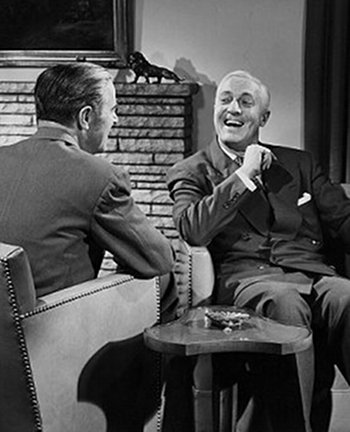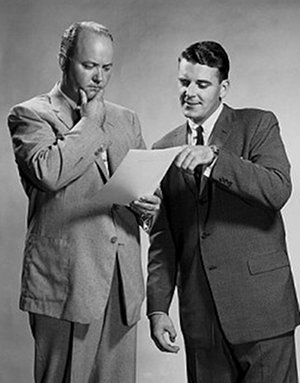It's funny now, 25+ years later, to look back at how desperate I was (and probably most of my male friends were) to be seen as manly. What a load of crap, and yet so many young men still deal with those issues in one way or another - they have to be athletes, or weight lifters, or outdoors men, or whatever the stereotype is that region of America.
In honor of the scared kid I was, here is a full R.E.M. concert filmed in Germany, from 1985's Fables of the Reconstruction tour. In the two encores they play some excellent covers, including The Rolling Stone's "Paint It Black" and Aerosmith's "Toys in the Attic" (those two songs could pass as manly tunes in my neck of the woods, just for the record).
Thanks to Open Culture for posting this first. Brought back good memories.
Set List:
Feeling Gravitys Pull
Harborcoat
Sitting Still
Maps And Legends
Fall On Me (original lyrics)
Green Grow The Rushes
Driver 8
Hyena
So. Central Rain
Have You Ever Seen The Rain?
Can't Get There From Here
King Of The Road
Seven Chinese Brothers
Auctioneer (Another Engine)
Old Man Kensey
Little America
Pretty Persuasion
Encore 1:
Theme From Two Steps Onward
Toys In The Attic
See No Evil
Second Guessing
Encore 2:
Ghost Riders In The Sky
(Don't Go Back to) Rockville
We Walk-Falling In Love Again-Behind Closed Doors
Paint It, Black















